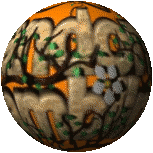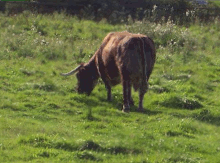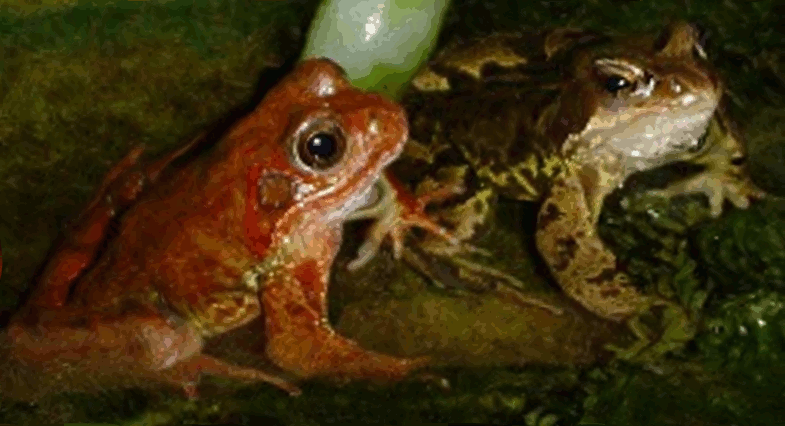Coeliac disease can occur at any time in life, from when a child is weaned, during adolescence, in their twenties, thirties, forties, fifties, sixties, seventies, eighties and nineties. In fact, it can occur at any point during a person’s life time. It often runs in families and so if one person is diagnosed with the condition it makes sense for all members of the family to have a simple blood test to make sure that they are clear of the disease.
Coeliac disease is an autoimmune disease. This means that the body turns against itself and begins to attack itself. This occurs when a person eats the proteins found in common grains. The proteins are often referred to as gluten and they are found in wheat, barley and rye. Often as oats are from the same family source as wheat, barley and rye there are many coeliacs who find themselves also highly sensitive to oats. Some coeliacs, however, are able to eat ‘gluten free’ oats whilst others have to rule oats completely out of their diet.
Any part of the body whether it is an organ, bone, muscle, nerve, digestive system, etc can be affected when a person eats gluten and they have become a coeliac. The body doesn’t recognise gluten as food and it produces antigens which bombard the small intestine flattening the tiny hairs that line it. Over time these become withered. These little hairs are called villi, they wave about so that items of food slowly pass over them allowing the nutrients and goodness to be absorbed into the bloodstream. Once these small hairs or villi become damaged, the whole of the body becomes malnourished and vulnerable to disease and pain.
There is no actual cure for coeliac disease but it is essential for anyone that develops it to abstain from eating any food that contains gluten for the rest of their life. Over time, the body will repair the villi in the small intestine so that it can once more absorb all of the nutrients provided in the diet.
If a person carries on eating gluten (even in small amounts) and they have coeliac disease then they will probably go on to develop very serious secondary diseases such as osteoporosis.
Symptoms that may occur to highlight the onset of coeliac disease
It is always wise for those who have recurrent irritable bowel like symptoms (IBS) to be screened with a blood test for coeliac disease.
Listed below are an array of common symptoms experienced by people with coeliac disease. A person may have no noticeable symptoms or possibly one or more of this list of symptoms:
Tiredness, poor sleep patterns, headaches, heartburn, indigestion, acidic stomach, reflux, constipation and/or diarrhoea, bloating, stomach pains, stomach cramps, ulcers and/or mouth ulcers, mouth blisters, blood blisters in the mouth, bruises on the skin, bruises in the mouth, marks on teeth similar to fluoridation markings, memory stalls, sinusitis, sciatica, neuralgia, swollen ankles, occasionally swollen legs, skin rashes, dry patches, dry eyes, itchy eyes, dry mouth, weight gain or weight loss, hair loss, nausea, vomiting, nerve pains and aches, muscle and joint pain, depression, numbness or tingling in hands and/or feet, difficulty conceiving, deficiency in any vitamin or mineral especially vitamin B12 and iron, melancholy, thyroid problems, tinnitus.
If you suspect that there may be a possibility that you or a member of your family could be suffering with coeliac disease then see a practitioner/doctor and ask for a blood test.
For more information and help with coeliac disease please visit the Coeliac Organisation Website
Priorities
Get diagnosed >> eliminate all gluten from the diet (this will include even items such as modified starch, sugar syrups, beer and wines brewed from grains or containing grains) >> make every meal nutritious and try and eat whole foods such as meat, fish, eggs, vegetables, dairy including: milk, cheese, yoghurt, cream, butter; fruit, nuts, honey, millet, quinoa, whole brown rice, basmati rice, long grain rice, short grain rice, tapioca, sago, chestnuts, coconut, teff, sorghum, sunflower seeds, sesame seeds, pumpkin seeds, lentils, chickpeas, buckwheat which is from the rhubarb family and not a grain, corn/maize – look for natural foodstuffs (you need to mend your body). Baking powder/soda needs to be labelled ‘gluten free’ as does mustard powder. To improve health you will need to read every packet, bottle and can, because even a minute amount of gluten introduced into the diet will cause health issues that often last for several days or weeks after it has been consumed.
Note: Vegetable roots, nuts, seeds and grains are often ground into flours offering a wide variety of flavours and nutrients that can be added in home cooking when making bread, cakes, puddings and pies – take every opportunity to introduce the widest range of food items into the diet. The aim of a good diet is to give your body the chance of optimum health so only put nutritious and natural foods into your mouth and give your digestive system a fair chance to mend itself and a reasonable chance to remain healthy.
Issues with gluten
There are many who believe that gluten itself may cause some people to experience all kinds of health problems as it often appears difficult to fully digest. At this point in time, however, there are no official guidelines to advise excluding gluten from the diet unless diagnosed with coeliac disease.
Diagram of the digestive system which includes the oesophagus or gullet, the stomach, the first part of the small intestine or duodenum followed by the remainder of the small intestine (which can vary in length from approximately 4.5 metres to 9.5 metres) and the large intestine(approximately 1.5 metres in length).
















































2 comments:
I may not have coeliac but feel I do feel I am sensitive to wheat. Just recently discovered this when my doctor put me on the Atkins diet.
Great information!
I too am not celiac but cannot eat gluten, including in oats and soy sauce. My symptoms are respIratory. Nice blog!
Post a Comment